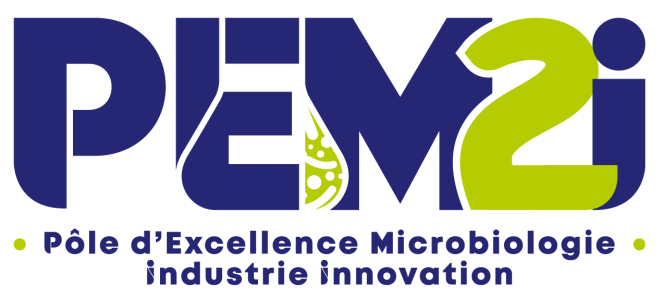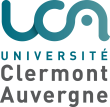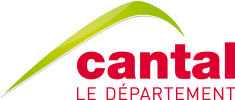Who are we ?
The hub of excellence in microbiology, industry and innovation (PEM2I) brings together a range of players in the private sector, research and training, with the support of the Cantal Prefecture, the Auvergne-Rhône-Alpes Region (notably through the involvement of the ARAE agency), the Cantal Departmental Council and Aurillac Agglomération.
The PEM2i enables companies and scientific research to develop, create and strengthen skills and services, and broaden scientific exchanges and partnerships around the theme of industrial microbiology and fermentation, thereby promoting economic development and innovation at local level, and acquiring international visibility.
The PEM2i is part of the government's plan to build sovereignty and transition in the sectors of agri-food, health, agronomy and agriculture. Indeed , all government programmes bear witness to this national mobilisation, in which the Cantal is a prime candidate for the creation of an ecosystem around microbiology, laboratory professions and biotechnologies. The local ecosystem offers a favourable framework for the development of such a cluster, as it already provides unique expertise in the field of microbiology linked to food, health and agro-ecology, as demonstrated by the success and development of most of the private sector partners.
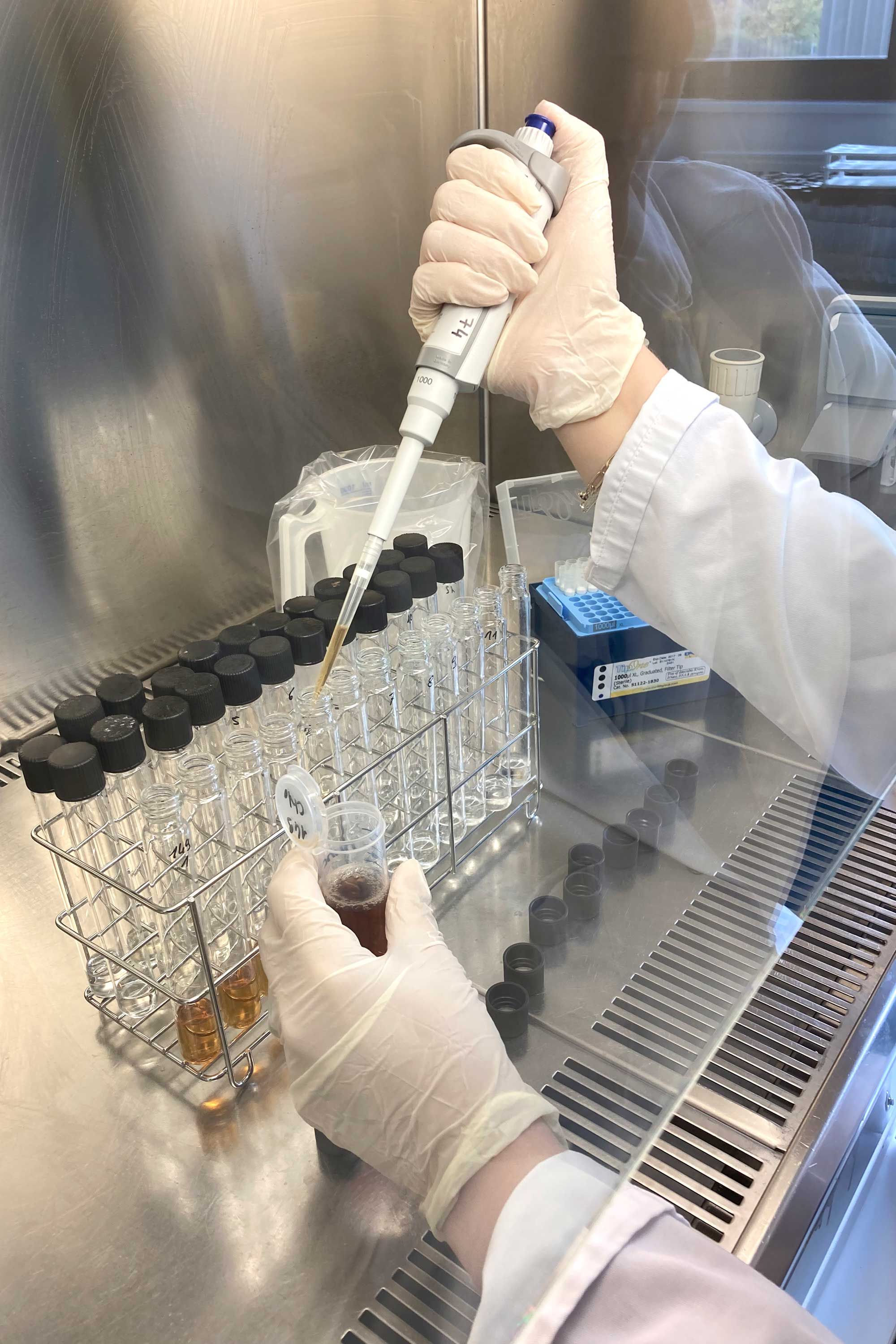
Historical background
Created at the end of 2021, the PEM2i project was initially driven by the prefecture, but quickly attracted the support of other local elected representatives: the departmental and regional councils, the Aurillac agglomeration and town, consular structures and a number of companies in the microbiology sector.
In April 2022, an expansion and new partners involved in the project led to the creation of a genuine both private and public ecosystem around microbes and fermentation. A lead partner was appointed: Christophe Chassard, then director of the UMRF and now head of the MICA (Microbiology and Food Chain) department at INRAE.
Since 2023, the PEM2i partners have been developing their ambitions and governance, creating collaborative research projects, conceptualising the future building and creating new training courses with the aim of meeting the needs of local and national companies, and more broadly, international challenges.
The project's initiating members are 10 private from associative organisations, 5 training and research bodies and 5 institutional partners.
There are 11 private/associative founding members, 5 training and research organisations and 5 institutional partners :
-
11 companies and associations
Agrolab’s, Altitude, Biose Industrie, les fromageries occitanes, Greencell, Interlab-Interscience, Lallemand, Landestini, LIP, pôle fromager, Terana.
-
4 research and training organisations
The Research Institute for Agriculture, Food and the Environment, University Clermont-Auvergne, Georges Pompidou agricultural high school, Aurillac and VetAgro sup.
-
5 institutional partners
« Aurillac agglomeration », Cantal Chamber of Commerce and Industry, Cantal Departmental Council, the AURA Region, AURA companies agency and the State.
Some testimonials from the founders

Emmanuel HUGO
« For INRAE, the creation of the hub is extremely important in more ways than one:
- a contribution to the local and regional organisation of one of INRAE's strategic priorities, which has a national dimension, the Ferments of the Future Grand Challenge, and a European and international dimension, the COST Pimento action.
- a unique facility promoting partnership research, intellectual and industrial synergies in microbiology for training and innovation, as well as access to shared advanced equipment.
- a participation in the academic, economic and industrial development of the Aurillac site and the Cantal department thanks to an original, unique and emblematic project, even on a national and even international scale in industrial microbiology.
By making this major commitment, and at a time when it is celebrating its 50th anniversary in Aurillac, INRAE is confirming its desire to be a committed player in university sites in France and a leader in European and international partnerships ».

Bernard Mathias
« The creation of the PEM2i is fully in line with the strategy of the Université Clermont Auvergne, a regional university of excellence whose ambition is to contribute actively, through training, research and innovation, to the economic development and influence of the regions in which it is based. The exemplary partnership established in Aurillac between academic, economic and institutional players provides a solid foundation for making industrial microbiology a key element in the national and international appeal of this region.

Etienne PAUX
« Because it encompasses training, research and expertise activities, the PEM2i is fully in line with VetAgro Sup's major missions. With its focus on microbiology, it reflects the sectors of health, agriculture, food and the environment, which are the very core of our establishment. We see the PEM2i as a way of both accelerating and facilitating the creation of a network of public and private players in which VetAgro Sup naturally finds and takes its place »
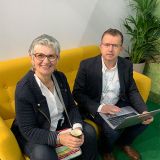
Chantal Cor & Jean-Vincent GAUZENTES
« Always on the lookout for new development opportunities, and as a committed laboratory, it seemed obvious to Chantal COR, President of Agrolab's, and Jean-Vincent GAUZENTES, Managing Director (see photo), that Agrolab's should invest in this wonderful project to create the Microbiology Centre of Excellence »

Adrien NIVOLIEZ
« Biose Industrie's participation in the Microbiology Industry Innovation Cluster of Excellence, a federative and shared initiative, is a concrete expression of the company's desire to develop, promote and innovate in the fields of microbiology. Biose Industrie's vision is to play an active role in anchoring this expertise in the economy and attractiveness of our region. »
The commitment charter
On the 20th of June 2023, the 20 founding member partners signed a charter of commitment based on shared objectives, an organisation involving everyone and grants to finance joint actions.
The hub will meet the following objectives :
-
TrainingThanks to the players involved in initial, vocational and continuing training and the logistical resources that will be made available, we will be able to train qualified staff at all levels (baccalaureate, bac+2/3, master's, doctorate) whose career paths will be enriched and enhanced by the proximity of industry and training players.
-
Economic developmentSharing advanced equipments and dedicated laboratories, encouraging the emergence of collective intelligence by developing synergies in research, development and innovation in order to become more competitive.
-
InfluenceThe aim is to build international influence to attract talent, strengthen scientific/technical collaboration and boost the sector's economic development.
Management and structure :
INRAE, the project leader, is leading the creation and implementation of this cluster.Four working groups were set up in January 2023 to structure the PEM2i.
-
« Governance and ambitions » working group
Objective: to identify and put in place the most appropriate legal structure, future governance and related business model.
-
« R&D innovation » working groupObjective: to set up collective research projects and acquire cutting-edge scientific equipment that can be pooled between partners and offered as a service.
-
« Building » working groupObjective : to design the future industrial building to be built under the leadershp of the Cantal departmental council. It will be accomodate for students, start-ups and companies.
-
« Training » working groupObjective : to offer excellent initial and continuing training in industrial microbiology and fermentation, through partner training centres. The creation of a continuum of training courses from bac to bac + 5 and doctorate is a goal shared by all the partners.
Funding :
At the 15th of June 2023, the structure had the following funds :
- National fund for regional planning and devlopment (FNADT): €150,000 for the coordinator
- Future skills and professions project (Fermentation Industrial Microbiology), « France 2030 », for the creation of the Master 2 programme in Aurillac, enabling the purchase of equipment,to contribute to the development of the PEM2I’s teaching facilities and the hiring of human ressources for teaching and management purposes : in the process of being completed
- Auvergne-Rhone-Alpes State-Region Plan Contract (CPER) :
• €3 million for the construction of the building (€1 million from the State, €1,5 million from the AURA region, €500,000 from the departmental council, which is the contracting authority).
• €2,27 million for the purchase of furniture and equipment (€800,000 from the State, including €570,000 for the purchase of advanced equipment, €500,000 from the AURA region, contracting authority Inrae) - I-Site CAP 20-25 UCA CAPART :
• €113,000 over 3 years to support the development of scientific services and research projects, finance consumables, operations and human resources.
